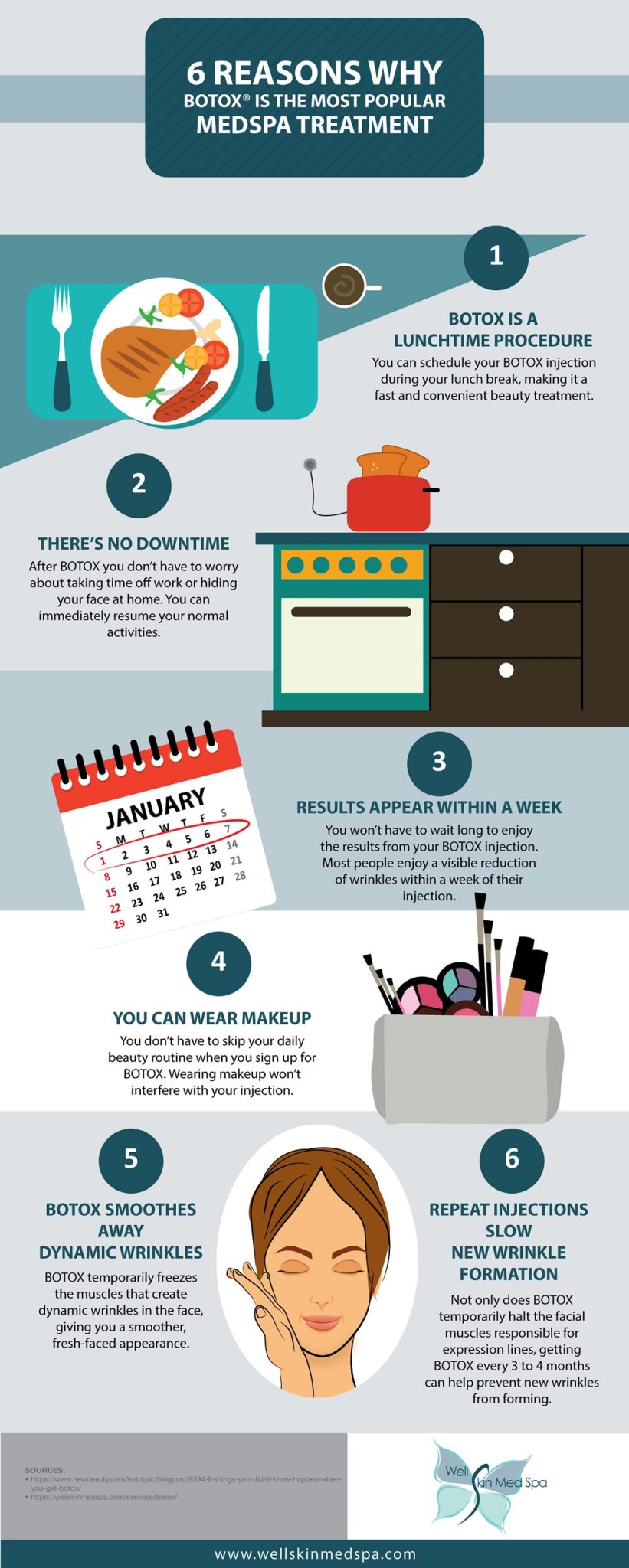Cataract Surgical Procedure Prep Work: Tips From Experienced Medical Professionals
Cataract Surgical Procedure Prep Work: Tips From Experienced Medical Professionals
Blog Article
Posted By-Smidt Fitch
As you plan for your cataract surgical treatment, it's important to heed the suggestions of seasoned surgeons that have led plenty of clients with this process. From comprehending the needed pre-operative actions to guaranteeing you are literally all set for the treatment, their insights can make a significant distinction in your medical journey. By making the effort to pick up from their experience, you can approach your future cataract surgical treatment with confidence and a clear understanding of what to anticipate.
Pre-Operative Prep work
Prior to your cataract surgical treatment, there are a number of vital pre-operative prep work to ensure the procedure goes efficiently. Your medical professional will certainly advise you to quit taking specific medicines, especially blood slimmers, before the surgery to decrease the danger of blood loss throughout the procedure. Furthermore, what to expect a week after cataract surgery may need to undergo a series of pre-operative tests, such as blood work and an ECG, to ensure you're in health for the surgery.
On the day of the surgical procedure, you'll need to schedule someone to drive you home as your vision may be blurry, and you should not drive promptly after the procedure.
Keep in mind not to consume or consume alcohol anything after twelve o'clock at night the evening prior to your surgical procedure, unless your medical professional instructs otherwise. It's important to comply with all pre-operative directions offered by your medical care team to guarantee a successful and safe cataract surgical treatment experience.
Procedure Information
Comprehending the actions involved in cataract surgical procedure can aid relieve any type of stress and anxiety you may have regarding the treatment.
When you reach the medical facility, you'll be prepped for the operation by the medical personnel.
The surgeon will provide regional anesthesia to numb the eye area and ensure you're comfortable throughout the procedure.
A tiny laceration will be made in your eye to access the clouded lens.
Using ultrasound modern technology, the surgeon will break up the cataract and delicately suction it out.
As soon as the cataract is gotten rid of, a new fabricated lens will certainly be dental implanted in its area.
This intraocular lens will certainly assist restore clearness to your vision.
The entire surgery typically takes about 15 to 30 minutes per eye.
After the procedure, you'll be kept track of for a brief duration prior to being allowed to return home.
The majority of individuals experience improved vision practically instantly adhering to cataract surgery.
Post-Operative Care
Upon conclusion of your cataract surgery, it's important to adhere to the prescribed post-operative treatment instructions to ensure a smooth recovery process. Click Webpage will give in-depth assistance, which generally consists of using suggested eye goes down to avoid infection and minimize swelling.
It's vital to stay clear of rubbing or putting pressure on your eyes and to use a safety guard while resting to prevent unexpected get in touch with. You might experience some mild pain, itching, or sensitivity to light, yet these signs generally go away within a couple of days.
It is very important to go to all follow-up consultations so your specialist can monitor your progress and deal with any type of worries promptly. While you may resume light activities not long after surgical procedure, arduous exercise and lifting heavy objects ought to be avoided for a few weeks.
Verdict
Finally, by adhering to the pre-operative guidelines, undergoing required tests, and preparing beforehand, you can aid ensure an effective cataract surgery experience. Rely on the expertise of your medical care team and look after yourself both before and after the treatment. With proper prep work and adherence to guidelines, you can look forward to boosted vision and a smoother healing process.
